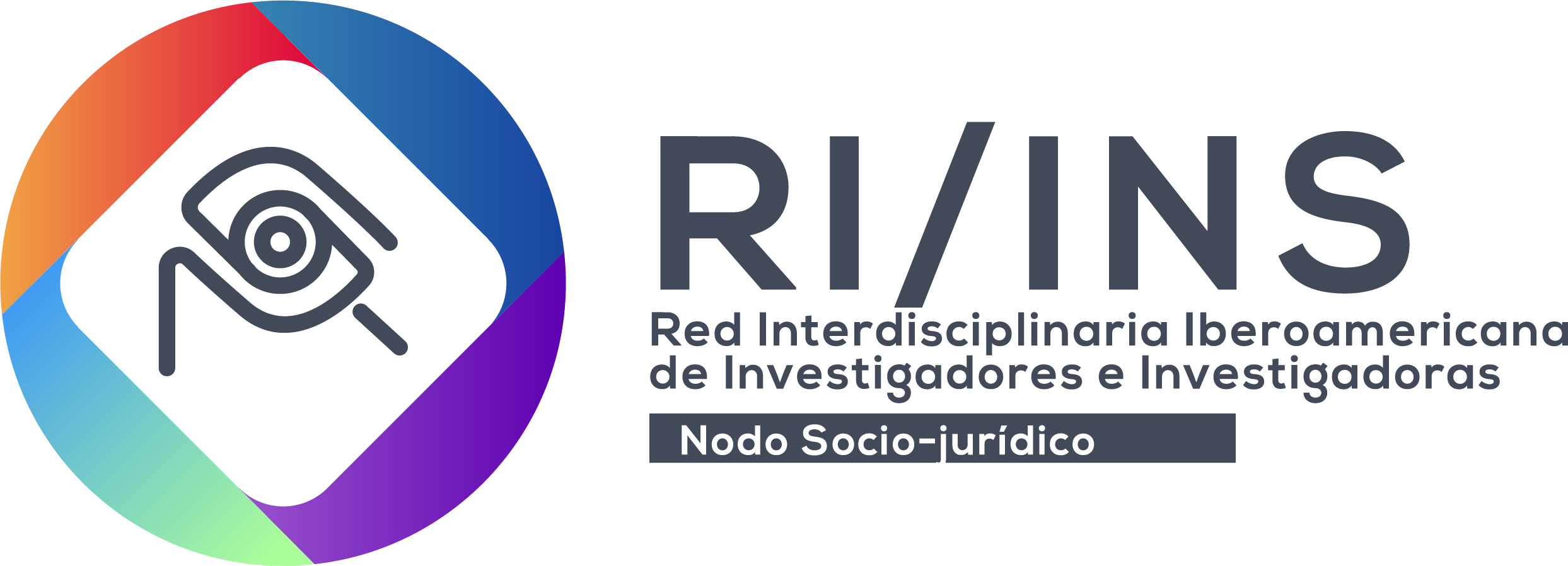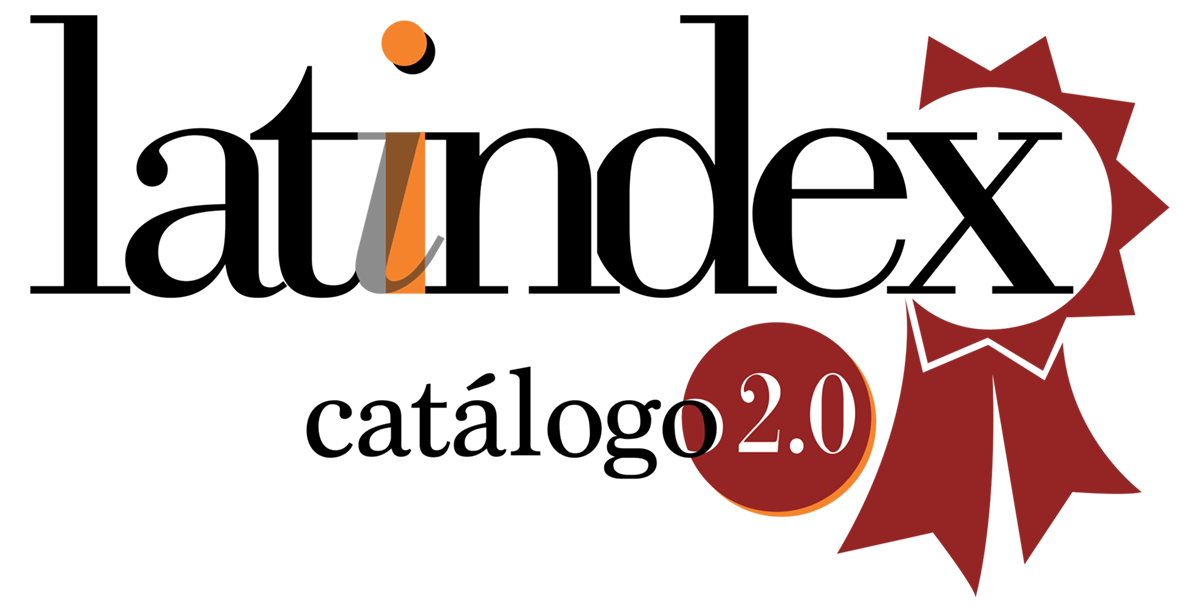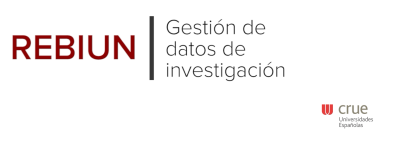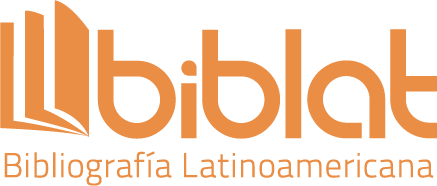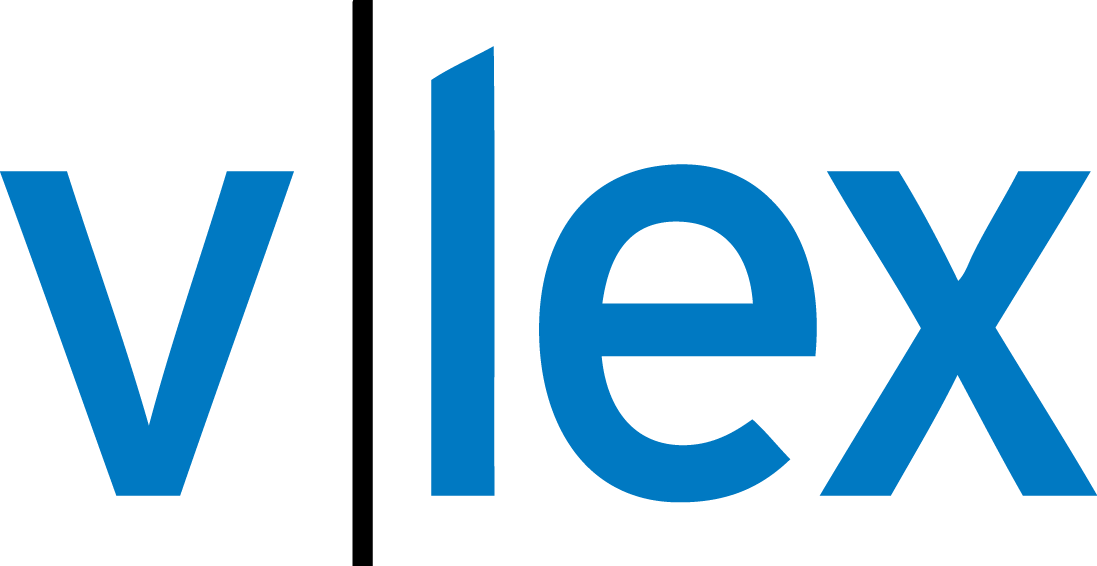Service-Learning: Analysis of the first workshop to introduce this methodology in a private university in Nicaragua
DOI:
https://doi.org/10.62407/rces.v3i3.73Keywords:
Service-Learning, university, ApS workshopAbstract
In line with its vision and mission, a private university in Nicaragua is promoting the use of the active methodology known as Service-Learning (ApS) so that students develop the skills and competencies necessary for their future work performance and clarify their vocational individual interests. A pilot project was implemented as a first training experience so that part of the teaching staff could use ApS in their classes and as a first step for its future implementation throughout the university. The objective of this study is to describe the perception of five participants of the pilot workshop that took place in June 2022 in order to identify possible improvements in future training on said methodology. It is about evaluating the effectiveness of the ApS workshop, identifying the successful practices and challenges experienced from the perspective of the authorities, the trainer and the trained teachers and knowing if the workshop was enough for teachers to apply this methodology in their classes. The mixed methodology is selected, with survey techniques, as well as semi-structured interviews. Although it is true that the results show a general good perception of those who participated regarding the correct organization of content and approach to the topic, limitations and points for improvement were found for future training.
Downloads
References
Asamblea Nacional de la República de Nicaragua. (2006). Ley General de Educación [Ley 582]. DO: 150. https://www.cnea.edu.ni/documentos/ley-no-582
Asamblea Nacional de la República de Nicaragua. (1990). Ley de Autonomía de las Instituciones de Educación Superior [Ley 89]. https://ni.vlex.com/vid/ley-n-89-autonomia-726243613
Baxter, P., & Jack, S. (2008). Qualitative Case Study Methodology: Study Design and Imple- mentation for Novice Researchers. The Qualitative Report, 13(4), 544-559. https://doi.org/10.46743/2160-3715/ 2008.1573
Batthyány, K., & Cabrera, M. (Coords.). (2011). Metodología de la investigación en Ciencias Sociales. Apuntes para un curso inicial. Departamento de Publicaciones, Unidad de Comunicación de la Universidad de la República. https://www.colibri.udelar.edu.uy/jspui/handle/20.500.12008/26551
Benavides, M. O., & Gómez-Restrepo, C. (2005). Métodos en investigación cualitativa: triangulación. Revista Colombiana de Psiquiatría, 34(1), 118-124.http://www.scielo.org.co/scielo.php?script=sci_arttext&pid=S0034-74502005000100008&lng=en&tlng=es.
Corrales Gaitero, C., & Andrade Zapata, J. S. (2021). La institucionalización del Aprendizaje- Servicio como camino para la Universidad socialmente responsable. Estudios pedagógicos (Valdivia), 47(4), 109-126.
Creswell, J. W. (2014). A concise introduction to mixed methods research. SAGE publications.
Fallarino, N.; Leite Méndez, A. E.; Cremades, R. (2020). Estudio de caso sobre el desarrollo de la competencia oral en Educación Infantil y Primaria en un centro público. Revista Complutense de Educación, 31(3), 319-328. https://dx.doi.org/10.5209/rced.63349
Folgueiras Bertomeu, P., Luna González, E., & Puig Latorre, G. (2013). Aprendizaje y servicio: estudio del grado de satisfacción de estudiantes universitarios. Revista de Educación, 2013, vol. 362, p. 159-185. http://diposit.ub.edu/dspace/bitstream/2445/65896/1/586668.pdf
Freire, P. (1970). Pedagogy of the oppressed. Herder and Herder. Flick, U. (2018). Designing qualitative research. Sage Publications.
Gardner, J., & Foster, D. D. (1997). Service-learning in higher education: Concepts and prac- tices. San Francisco, CA: Jossey-Bass.
Gibson, M., Hauf, P., Long, B.S. & Sampson, G. (2011). “Reflective practice in service learning: possibilities and limitations”, Education + Training, Vol. 53 No. 4, pp. 284-296. https://doi.org/10.1108/0040091111113845
Godfrey, P. C., Illes, L. M., & Berry, G. R. (2007). Creating breadth in business education through service-learning. Academy of Management Learning & Education, 4(3), 309-323. https://journals.aom.org/doi/pdf/10.5465/amle.2005.18122420?download=true
Guba, E., & Lincoln, Y. (2002). Paradigmas en competencia en la investigación cualitativa. Por los rincones. Antología de métodos cualitativos en la investigación social, 113-145.
Guíñez Cabrera, N., Ganga Contreras, F., Olguín, C., & Ceballos, P. (2020). Metodología De Aprendizaje Servicio: Experiencia De Implementación Desde La Perspectiva De Marketing (Service Learning Methodology: Implementation Experience From a Marketing Perspective). RAN-Revista Academia & Negocios, 6(1). https://papers.ssrn.com/sol3/papers.cfm?abstract_id=3663491
Hernández, N. (2010). Aprendizaje Servicio: Un eje articulador en la Educación en Solidaridad con las y los jóvenes desde una mirada de Responsabilidad Social. Revista Científica Tzhoecoen, 5, 126–134.
Hernández Sampieri, R., Fernández Collado, C., & Baptista Lucio, P. (2014). Metodología de la investigación (6ª ed.). McGraw Hill.
Hund, L.; Bedrick, E. J. & Pagano, M. (2015) Choosing a cluster sampling design for lot qual- ity assurance sampling surveys. PLoS One, 10(6):e0129564
Johnson R. Burke & Christensen L. (2014). Educational Research. Quantitative, Qualitative, and Mixed Approaches. Fifth Edition. Sage Publications
Martín-García, X., Bär-Kwast, B., Gijón-Casares, M., Puig-Rovira, J.M., & Rubio-Serrano,L. (2021). El mapa de los valores del aprendizaje-servicio. Alteridad, 16(1), 12-22. https:// doi.org/10.17163/alt.v16n1.2021.01
Martinez-Vivot, M., & Folgueiras Bertomeu, P. (2015). Evaluación participativa, aprendizaje- servicio y universidad. Revista de Currículum y Formación de Profesorado, 19(1), 128-143.
Mayor Paredes, D. (2018). Aprendizaje-Servicio: una práctica educativa innovadora que promueve el desarrollo de competencias del estudiantado universitario. Actualidades investigativas en educación, 18(3), 494-516. https://www.scielo.sa.cr/scielo.php?script=sci_arttext&pid=S1409-47032018000300494
Puig, J. M. & Palos, J. (2006). “Rasgos pedagógicos del aprendizaje–servicio”. Cuadernos de Pedagogía, 357, 60–63.
Salcedo Mateu, A. (2019). La metodología aprendizaje servicio como factor educativo de resiliencia. Revista INFAD de Psicología. International Journal of Developmental and Educational Psychology., 4(1), 255-266. https://revista.infad.eu/index.php/IJODAEP/article/view/1554
Saltmarsh, J., & Hartley, M. (2019). Service-Learning: A Transformative Method for Higher Ed- ucation. In J. C. Garza-Guerrero, A. L. Miranda-Mondragón, & L. E. García-Castro (Eds.), Innovación Educativa en la Educación Superior: Tendencias y Retos (pp. 25-39). Universidad Autónoma de Nuevo León.
Sandoval, C. (2002). Investigación cualitativa (4to módulo). Instituto colombiano para el fomento de la educación superior. http://biblioteca.udgvirtual.udg.mx/jspui/handle/123456789/2815
Tapia, M. N. (2010). La propuesta pedagógica del "Aprendizaje- Servicio": una perspectiva latinoamericana. Tzhoecoen, revista científica, 5, 23-43.
Yin, R. K. (2018). Case study research and applications: Design and methods. (6th ed.). Sage Publications.
Downloads
Published
How to Cite
Issue
Section
License

This work is licensed under a Creative Commons Attribution-NonCommercial-ShareAlike 4.0 International License.


